Description
How to promote learning in early years?
Finnish early childhood education is known for exceptionally stress-free and child-centered approach that seems to produce outstanding learning results as well. How to apply this joyful and play-based pedagogy in practice?
Finnish early childhood education implements child-centered pedagogy. Child-centered pedagogy focuses on children’s needs and interests; the child has the right to learn things according to their own potential. Furthermore, children are seen as active agents who construct their own knowledge. Therefore, knowledge is not transferred as such; children build, or construct, it themselves.
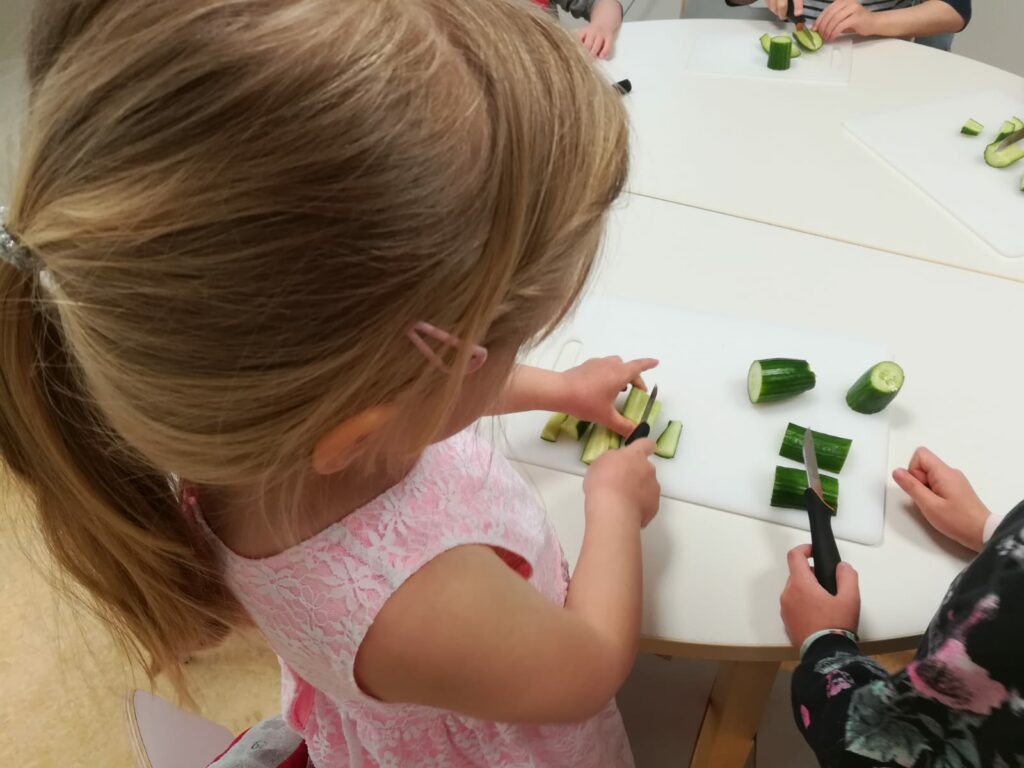
Knowing the child’s development and supporting the child according to their developmental age is a part of child-centered pedagogy. Adults’ role is to support and nurture the learning process.
Children learn things from each other and adults through interaction. Playing, discussing and engaging with others, comparing different views and expressing their own thoughts help children process things more deeply and from multiple perspectives. In addition, children learn social skills and to work constructively with other people.
In Finland play is the most important pedagogical activity with young children. Children learn multiple different abilities through play: they learn a wide range of skills, develop their social abilities, imagination and creativity etc. For the child, play is a natural way of being, acting, perceiving, and interpreting the world around them. In addition, educators have the opportunity to use play as a pedagogical tool: they can intentionally create learning environments which aim at advancing the child’s learning.
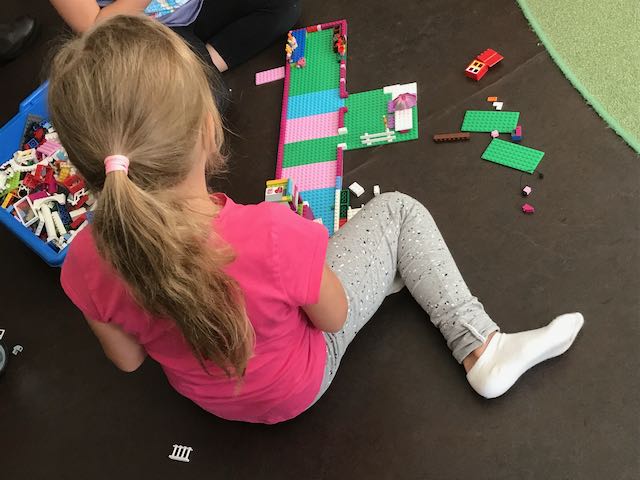
This online course introduces the Finnish approach to promoting learning in early years: e.g. diverse working methods, collaboration, physical, social and psychological dimensions of the learning environment, learning through play etc. Examples are mainly from ECEC, but the same principles apply to primary education, too.
Goal: To introduce the foundational elements of Finnish ECEC pedagogy
Learning outcomes:
- Participants will gain new insights and scientific perspectives on how a child develops and learns
- Participants will learn the what’s and the how’s of quality early childhood education pedagogy
- Participants will be equipped to consider the implementation of versatile working methods, children’s participation and small group pedagogy in their location
Contents:
- Developmental milestones for young children: implication for learning and teaching. Scientific findings.
- Diverse working methods in Finnish ECEC
- Learning through play
- Play and its value for young children’s holistic development and learning
- Physical, social and psychological dimensions of the learning environment
- Small group pedagogy
- Examples of playful educational activities for young children
Completion methods: 48 mins video lectures, additional material, learning assignment
The course is offered as a self-study online course. The course is asynchronous and can be completed at the participant’s own pace during 30 days.
Duration: in total 5h
Target group: ECEC and K-6 teachers, principals and education experts
Produced by: Learning Scoop
Course platform: Claned Online Learning Platform
Access to the course: 30 days
Recommended products to combine with this course: B1 Cornerstones of Finnish education, E1 The concept, purpose and mission of the Finnish early childhood education system (ECEC), E3 Designing effective lessons and educational activities for young children, P5 Positive Parenting from Finland, module Creativity Skills, Kide Science and Early Childhood Education and Care Study Tour.

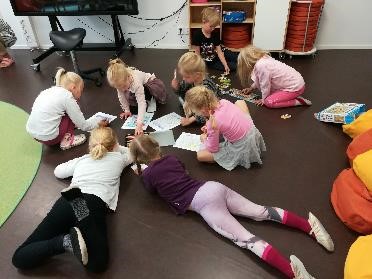
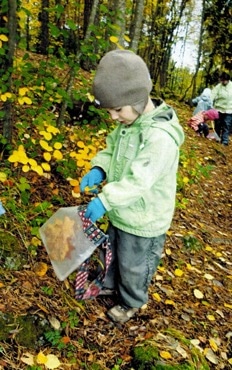
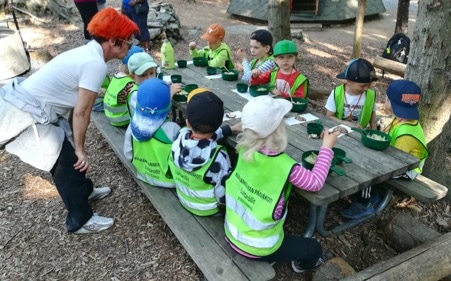
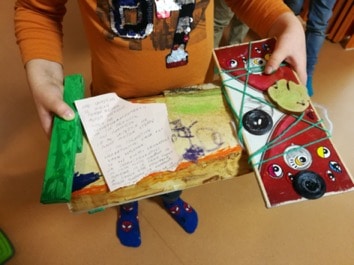




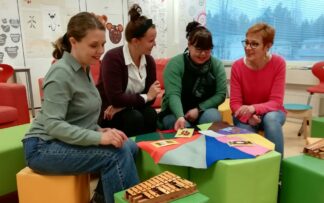
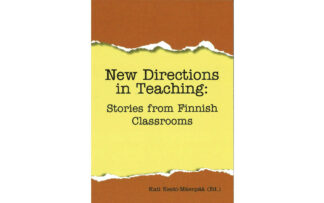
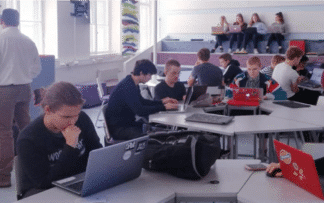
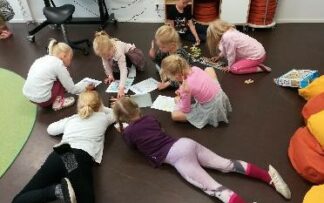

Alexia Brincau –
The ideas are very interesting. Using more the outdoor space would surely be of benefit to our students. In Malta we are still in favour of traditional teaching. Working in stations and being close to nature would definitely help our kids benefit from a holistic education.